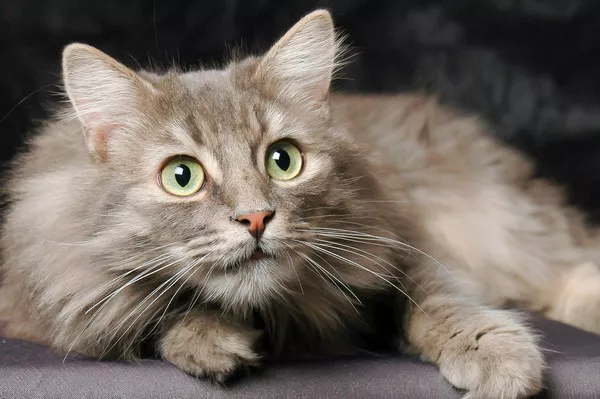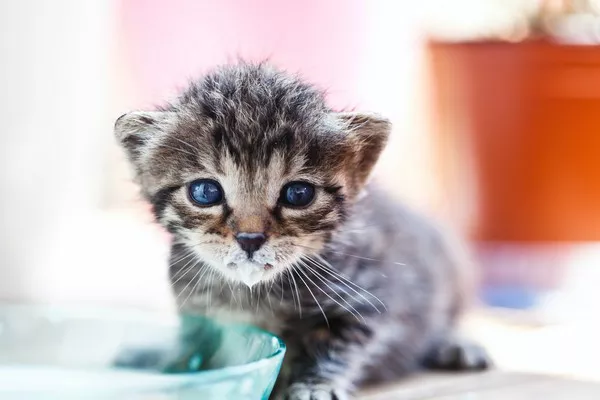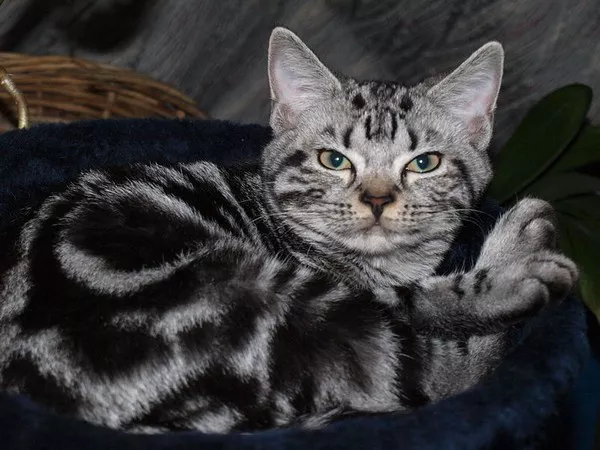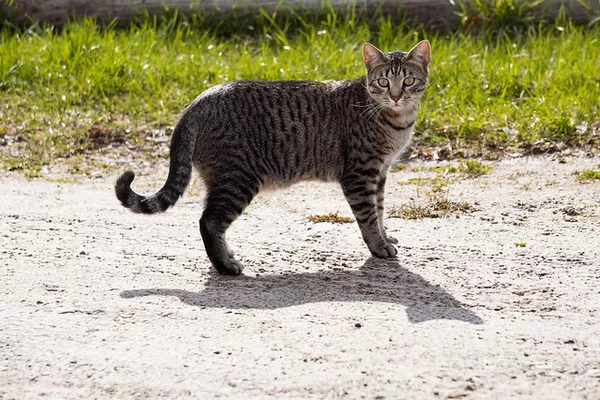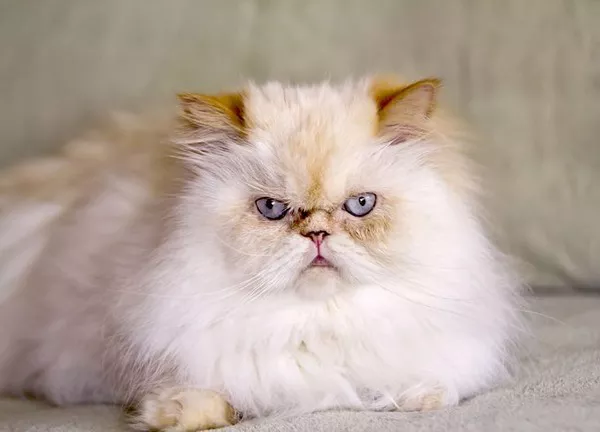The Norwegian Forest Cat, known for its majestic appearance and captivating personality, is a beloved breed of domestic cat. Originating from the forests of Norway, these felines have gained popularity worldwide. While they possess several positive traits that make them sought after as pets, it is important to consider the potential disadvantages that come with owning a Norwegian Forest Cat. In this article, we will explore some of the drawbacks associated with this breed, thus providing prospective owners with a comprehensive understanding before making an informed decision.
1. Grooming Requirements:
One of the significant disadvantages of owning a Norwegian Forest Cat lies in their grooming needs. With their long, thick fur and double coat, these cats require regular brushing to prevent matting and tangles. Neglecting their grooming routine can lead to skin problems and discomfort for the cat. Additionally, the shedding can be substantial, requiring more frequent cleaning of the home environment.
2. Allergies:
While many individuals adore cats, allergies can pose a significant problem. Norwegian Forest Cats are not hypoallergenic, and their dander can trigger allergic reactions in sensitive individuals. It is essential for potential owners to consider this factor, especially if there are family members or visitors who may be affected by cat allergies.
3. Size and Space Requirements:
Norwegian Forest Cats are a large breed, known for their sturdy build and muscular physique. Their size implies that they require ample space to move around comfortably. Owners living in small apartments or confined spaces may find it challenging to provide an environment suitable for the cat’s physical needs. Failing to meet their space requirements can result in restlessness, behavioral issues, and obesity.
4. Exercise and Stimulation:
These cats possess an active and playful nature. They enjoy climbing, exploring, and engaging in interactive play sessions. If owners are unable to provide sufficient exercise and mental stimulation, Norwegian Forest Cats may become bored and exhibit destructive behavior. It is crucial to ensure they have access to vertical spaces, scratching posts, and interactive toys to keep them physically and mentally engaged.
5. Health Concerns:
Although generally healthy, Norwegian Forest Cats are prone to certain genetic health conditions. These can include hypertrophic cardiomyopathy (HCM), a heart condition, and polycystic kidney disease (PKD). Regular veterinary check-ups and screenings are necessary to monitor and manage any potential health issues that may arise.
6. Affectionate but Independent Nature:
Norwegian Forest Cats are known for their affectionate and friendly nature. However, they also possess an independent streak. They may not constantly seek attention or enjoy being carried around like some other cat breeds. This characteristic makes them less suitable for individuals seeking constant companionship or lap cats.
7. Vocalization:
Another drawback of the Norwegian Forest Cat breed is their tendency to be vocal. They often express themselves through various vocalizations, including chirping, meowing, and trilling. While this can be endearing to some owners, it may be bothersome to those who prefer a quieter living environment.
Conclusion:
As with any pet, it is crucial to consider both the positive and negative aspects before deciding on a Norwegian Forest Cat as a companion. While they possess stunning looks, intelligence, and unique personalities, these cats come with several disadvantages that potential owners must be aware of. From grooming requirements to space considerations, health concerns to their independent nature, each factor plays a crucial role in determining if the Norwegian Forest Cat is the right fit for your lifestyle and home. By understanding these disadvantages, prospective owners can make an informed decision and provide the best care and environment for their feline friends.

